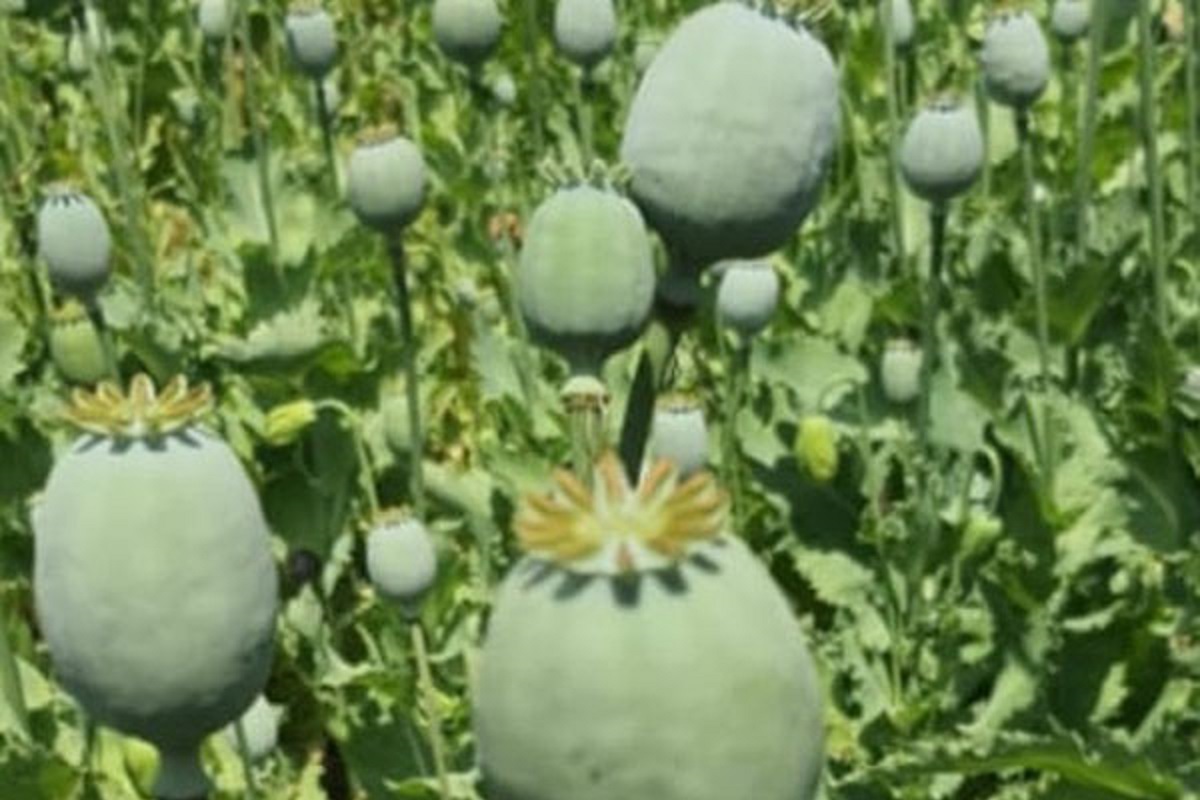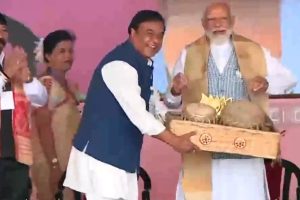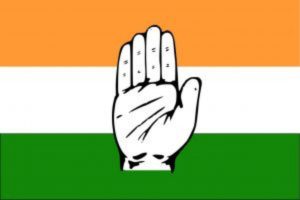Located in close vicinity of the ‘Golden Crescent’ that produces world’s 80% opium, consumption of drugs is fast increasing among the youth in Jammu and Kashmir and according to an official survey 4.6% population of the Union Territory (UT) is affected by drug related issues.
The consumption survey indicates that about 6 lakh persons, of which 90% are in the age group of 17 to 33 years, are using various types of drugs. The ‘Golden Crescent’ comprises illicit opium production areas in Iran, Afghanistan, and Pakistan from where drugs are smuggled to Jammu and Kashmir and also Punjab.
The menace of poppy and cannabis cultivations also exists particularly in south Kashmir where the government has yet to undertake a massive exercise to destroy the fields where these are illegally cultivated. The J&K Police has from time to time been undertaking drives to destroy the opium plantations in Kulgam, Budgam, Anantnag, Shopian, and other areas particularly in the south Kashmir.
However, the first and last intense drive to destroy the blooming poppy fields was undertaken during the tenure of the then Governor Jagmohan when a crop of the contraband in fields of influential persons was also flattened. Fields blooming with pink and white poppy flowers are again a common sight in south Kashmir.
The administration had a few years ago announced that drones will be used to identify the poppy cultivation areas in south Kashmir but nothing was heard later.
J&K Chief Secretary Dr. Arun Kumar on Friday presided over the maiden meeting of the state-level committee of Narco Coordination Centre in which he directed eradication of illicit cultivation, trade and consumption of drugs. He outlined broad project contours for tackling the drug menace in the UT.
Additional Chief Secretary, Health & Medical Education Department, Principal Secretary, Home Department, and Commissioner Secretary, Forest, Ecology & Environment Department, besides Special DG Crime, Excise Commissioner, Director, FSL, and officers from Narcotics Control Bureau, Anti Narcotics Tasks Force (ANTF), State Drug Controller and CID participated in the meeting.
The Chief Secretary underscored the need of compiling data on the production of poppy and cannabis in Jammu and Kashmir as well as cross-border transportation to assess the presence of these drugs and their synthetic derivatives in J&K for curbing the illicit cultivation of poppy,
Dr. Mehta directed the ANTF in convergence with the Excise and Agriculture departments; to map the expected cultivation areas and take remedial actions for the destruction of illegal crops, both on private and government lands. ANTF was further asked to formulate an action plan to prevent such cultivation in the next season.
Observing that drug menace in terms of usage and addiction has significantly gone up in Jammu and Kashmir during recent years, the Chief Secretary directed the concerned to enhance the conviction rate in narco-related cases while simultaneously focusing on proper counseling and rehabilitation of drug affected youth.
The Chief Secretary directed for a focused approach for counseling and rehabilitation of victims of drug and substance abuse for which a broad policy has to be formulated for the timely intervention of the Government. He observed that the menace has to be tackled at a mega-scale considering the prevalence of the problem in the UT.











